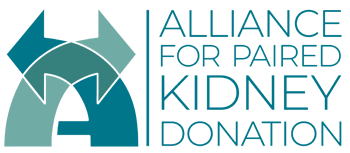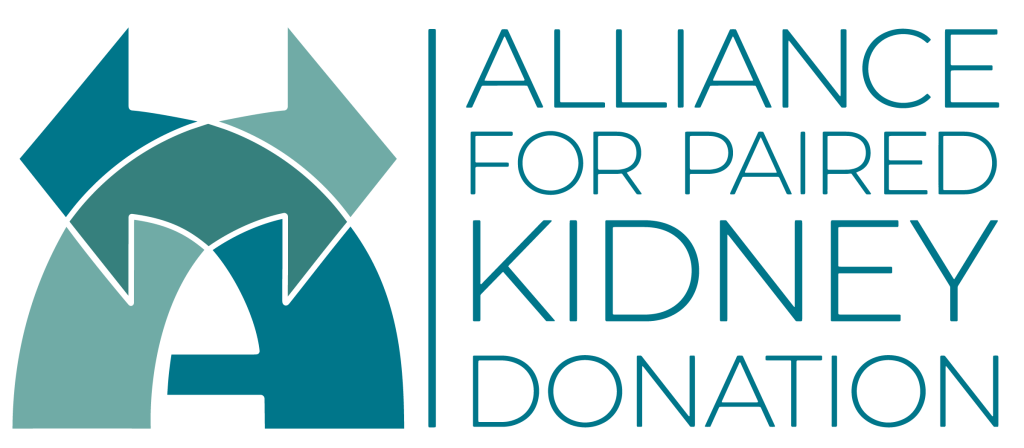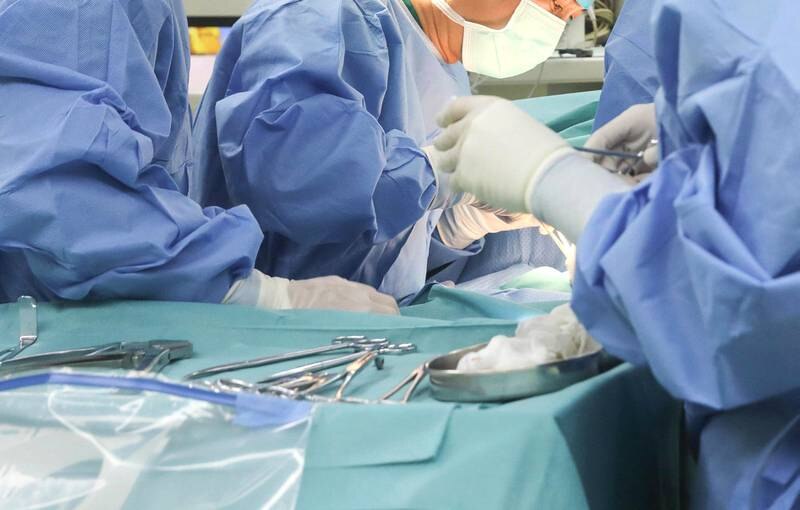A new UAE-US partnership will improve the chances of patients with kidney failure. Photo: Getty
Abu Dhabi’s health operator and a US non-profit organisation are to build a paired kidney programme to match donors with recipients in the Emirates and abroad.
The agreement will help Abu Dhabi’s public health network provide transplants for patients with kidney failure seeking a match.
Abu Dhabi Health Services Company (Seha) had earlier announced it was supporting “paired kidney exchange,” which is an approach to living donor kidney transplantation where patients with incompatible donors are able to swap kidneys in order to receive a compatible kidney
Previously in the UAE, patients could only receive a live transplant from a relative or close friend.
The new partnership with Alliance for Paired Kidney Donation will help Seha build a specific kidney match programme for people in the UAE and overseas.
Both have now signed a memorandum of understand (MoU) following their recent success in facilitating paired kidney donations.
This agreement means SEHA and APKD will work closely together to build a paired kidney donation program in the UAE. They will also facilitate transplant opportunities for patients with kidney failure seeking the right match kidney from the UAE or abroad.
Dr Tarek Fathey, group chief executive at Seha, said the collaboration will introduce opportunities “to transform kidney care locally, regionally and internationally”.
As part of the agreement, experts at Seha Kidney Care (SKC), part of the Seha network and Abu Dhabi’s go-to for kidney disease and treatment, will undergo training in software designed to identify kidney matches.
They will also develop educational and research papers and studies, and exchange medical, technical, and administrative knowledge.
“The key to the success of paired kidney donations is collaboration, locally and internationally,” said Dr Ali Al Obaidli, chief medical officer at SKC and chairman of the UAE National Transplant Committee.
“We are pleased to formalise a long-term partnership with APKD — by strengthening our relationship we are unlocking pathways into countries across the world that will facilitate life-saving solutions for kidney disease patients across the globe, as well as build and bolster a paired kidney programme here in the UAE that will benefit our citizens and residents.”
UAE steps up organ transplant strategy
In 2017, the UAE introduced a milestone organ transplant programme. Since then, heart, lung, liver, pancreas and kidney transplants have saved the lives of more than 100 people.
In September last year, Sheikh Mohammed bin Rashid, Prime Minister and Ruler of Dubai, approved a decision to establish the National Centre to Regulate Human Organs and Tissues Transplantation.
The centre will fall under the Ministry of Health and Prevention and will regulate and co-ordinate organ transplants surgeries across the country, as well as preservation of human tissues.
The US partnership is the latest example of UAE’s international drive to improve patient care.
In June, a kidney donated from an Israeli woman was flown on a charter flight from Tel Aviv to Abu Dhabi in the first organ transplant exchange of its kind.
Surgeons removed the kidney from Shani Markowitz Manshar, 39, at the Sheba Medical Centre in Tel HaShomer, before loading it into a chilled box packed in ice for the three-and-a-half-hour flight to Abu Dhabi.
As part of the same donation programme, a patient at Rambam Health Care Campus, in Haifa, was to receive a transplant from a donor in the UAE.


